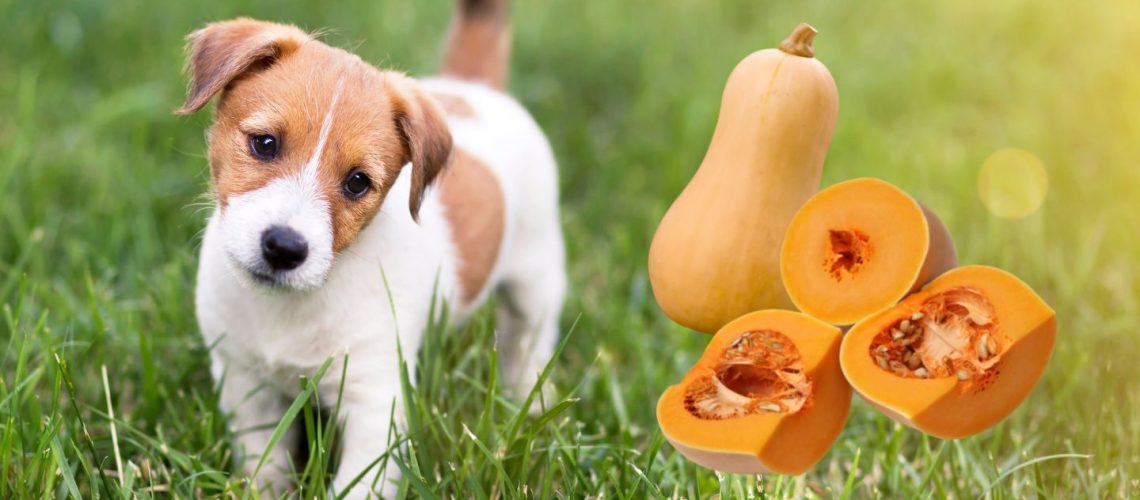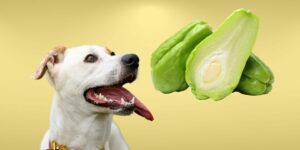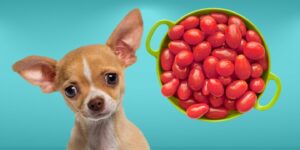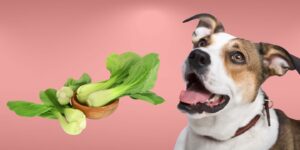Yes, dogs can eat butternut squash in moderation as part of a balanced diet. This type of squash is a good source of vitamins and minerals and can provide your dog with some health benefits. However, it is important to feed it to your dog in small amounts and to monitor their reaction to ensure they do not develop any adverse effects.
Nutritional Benefits of Butternut Squash for Dogs
Butternut squash is a type of winter squash that is rich in vitamins and minerals. It is a good source of vitamins A and C, as well as dietary fiber. These nutrients can help support your dog's immune system and maintain its overall health. Butternut squash also promotes a healthy gut and helps keep the dog's bowels regular.
Vitamins and Minerals Found in Butternut Squash
Vitamin A
Vitamin A helps support your dog's vision, immune function, and skin health. The recommended daily intake of vitamin A for dogs varies based on size and age but should generally be included as part of their balanced diet.
Vitamin C
Vitamin C is an antioxidant that helps protect your dog's cells from damage, supports the immune system, and aids in collagen production. The recommended daily intake of vitamin C for dogs is not clearly established, but it should be fed in moderation through food sources.
Dietary Fiber in Butternut Squash
Dietary fiber helps support your dog's digestive system and promotes regular bowel movements. Most dogs can benefit from some additional fiber in their diet, but the specific amount needed depends on your dog's size, breed, and activity level.
How to Feed Butternut Squash to Your Dog
Choosing and Storing Butternut Squash
Select butternut squash that feels heavy for its size, has a hard, even-colored rind, and is free of soft spots or mold. Store the squash in a cool, dark place until you are ready to cook it.
Preparing Butternut Squash for Dogs
Peeling and Cutting the Squash
Before feeding butternut squash to your dog, peel off the tough outer skin and remove the seeds using a spoon. Cut the squash into small pieces suitable for your dog's size.
Cooking Methods
There are several methods to cook butternut squash, including boiling, steaming, and roasting. Whichever cooking method you choose, make sure the squash is softened to ensure it's easy for your dog to digest.
Mashing or Pureeing the Cooked Squash
After cooking, mash or puree the softened squash to make it easy for your dog to eat and digest.
Serving Size and Frequency
Because natural sugars are present in butternut squash, feed it to your dog in moderation. It can be served as an occasional treat, mixed into their regular food.
Potential Risks of Feeding Butternut Squash to Dogs
Digestive Issues
Feeding too much butternut squash can cause digestive issues like diarrhea and vomiting. If your dog experiences any digestive upset after eating squash, reduce the serving size or discontinue feeding it.
Allergic Reactions
While rare, some dogs may have an allergic reaction to butternut squash. If your dog shows signs of an allergic reaction, such as itching, hives, or difficulty breathing, stop feeding squash and seek veterinary advice.
Obesity and Other Health Problems
Though butternut squash is low in calories, it's important to control serving sizes to prevent obesity and related health problems. Monitor your dog's weight and response to the new food source.
Alternatives to Butternut Squash for Dogs
Other Dog-Safe Vegetables
If your dog doesn't enjoy butternut squash or experiences an adverse reaction, consider other dog-safe vegetables like green beans, carrots, or sweet potatoes.
Commercial Dog Treats and Supplements
Consider healthy commercial dog treats or supplements that provide the necessary vitamins and minerals without the risk of digestive upset or obesity.
Conclusion
Butternut squash can be a healthy and tasty treat for your dog as long as it is fed in moderation and prepared properly. However, it is important to monitor your dog's reaction to ensure they do not develop any adverse effects. If you have any concerns about feeding butternut squash to your dog, consult your veterinarian for advice.











